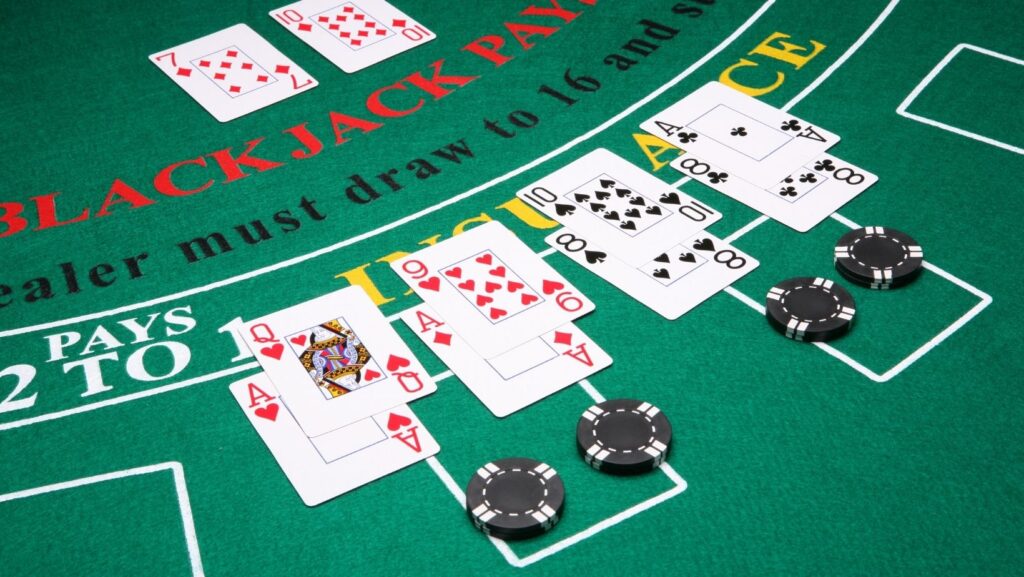Every casino game uses a random number generator (RNG). Slots, roulette, blackjack, and online poker all depend on it. Without strong randomness, the games lose trust. But a new challenge is coming: quantum computing. These machines can break many of today’s cryptographic tools. Casinos like Azurslot need to use RNGs that can resist quantum computers.
Why RNGs Matter in Casino Games
Every spin of a slot machine and every deal of an online card comes from RNGs. RNGs keep casino games fair. They make results random so players can’t predict them. Without RNGs, players might think the games are fixed. Regulators test them to make sure they work correctly. If the numbers stop being random, the entire system breaks.
The Threat of Quantum Computing
Quantum computers use qubits instead of regular bits. This lets them solve some problems much faster than normal computers. This is risky for cryptography. Codes like RSA or ECC could be broken. Hackers with a quantum computer might predict random numbers, making casino games unfair.
For now, large-scale quantum machines don’t exist. But experts warn that they may arrive within a decade. The casino industry cannot afford to wait.
Current RNG Approaches
Casinos use two main types of random number generators (RNGs):
- Pseudo-RNGs (PRNGs): These are computer programs. They use a starting point called a seed to make numbers. The numbers look random but follow a pattern if you know the seed.
- True RNGs (TRNGs): These use real-world events, like heat or radioactive decay, to make numbers. They are much harder to predict.
PRNGs are faster and easier to use in digital games. TRNGs add extra security but cost more to implement. Most online casinos mix both to balance speed and fairness.
Weakness in Current Systems
Most PRNGs rely on math functions secured by today’s cryptography. But quantum computers could guess seeds much faster. A PRNG that looks unbreakable now could fall in seconds under a quantum attack. TRNGs are safer since they depend on nature. But if their outputs are passed through weak crypto, the system still fails.
What Makes an RNG Quantum-Safe?
A quantum-resistant RNG does two things:
- It uses entropy from a strong physical source.
- It protects the output with algorithms that resist quantum attacks.
New standards like lattice-based cryptography and hash-based signatures are being tested. They aim to replace RSA and ECC. The U.S. National Institute of Standards and Technology (NIST) is already working on post-quantum cryptography standards.
Comparing Current RNGs vs Quantum-Safe RNGs
Let’s put them side by side:
- Current PRNGs: Fast, efficient, secure against classical computers, but weak against quantum.
- Current TRNGs: Stronger randomness but often wrapped in weak crypto.

- Quantum-Safe RNGs: Use both TRNG entropy and post-quantum cryptography to lock outputs.
The main difference is not just how random numbers are made. It’s also how they are protected during use and transmission.
Surface Preparation: Adapting Casino Systems
Casinos will need to adjust their software platforms. The RNG is usually built into game servers. To upgrade, developers must swap out crypto libraries. They must also update auditing tools so regulators can test quantum-safe systems.
This is not a small task. Many online casinos run hundreds of games. A shift to quantum-safe RNGs will take time, training, and money.
Timing and Reapplication
How soon should casinos act? Some experts suggest a phased plan:
- Short Term (Now): Strengthen current RNG testing. Add TRNG sources where possible.
- Medium Term (Next 3–5 Years): Begin integrating post-quantum algorithms. Work with regulators to build trust.
- Long Term (Within 10 Years): Move fully to quantum-resistant RNGs across all platforms.
Just like coatings against corrosion, these protections need reapplication. RNG systems must be updated regularly as new research arrives.
Lessons from Other Industries
Finance, defense, and healthcare are already exploring quantum-safe security. Banks worry about encrypted data being stolen now and decrypted later by quantum computers. Casinos can learn from these fields. They can adopt similar strategies early to avoid being the weak link.
The Role of Regulators
Gaming regulators test and certify RNGs. They will soon face pressure to add quantum standards to their audits. This means new checklists, new testing labs, and possibly new licensing requirements. For casinos, working closely with regulators will be the only way to maintain trust.



